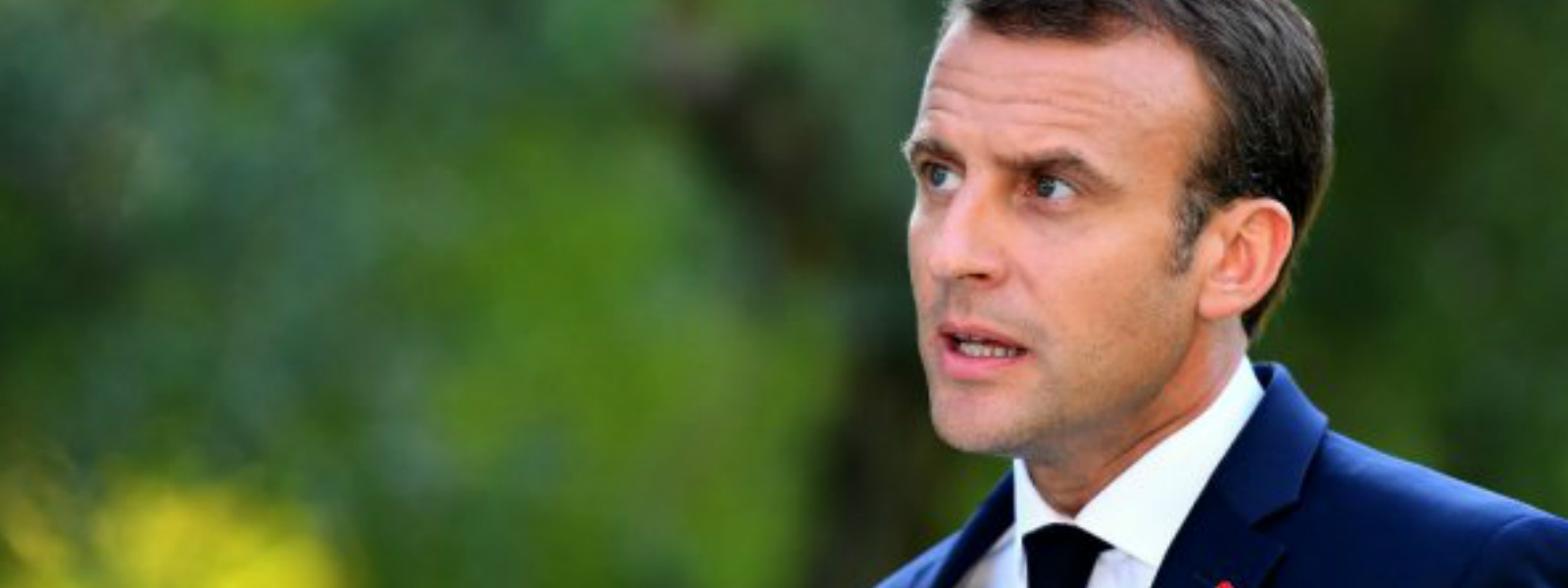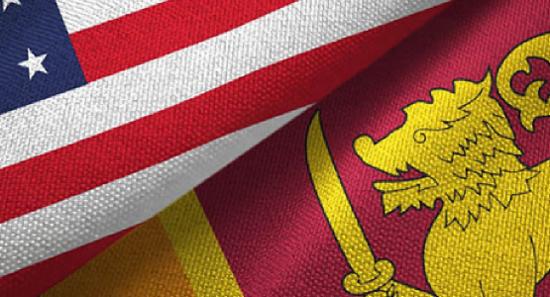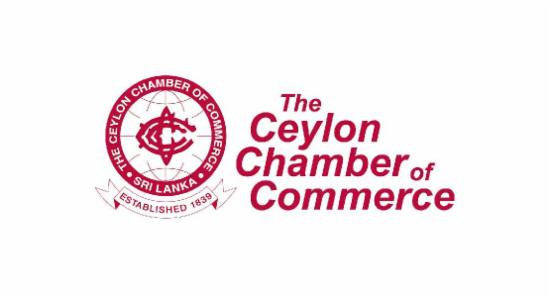.webp)

Macron's attempt to fix France's education system
Reuters - In a primary school in a run-down neighbourhood south of Paris, a teacher asks his first-year class how to spell words in a text on dinosaurs. The enthusiastic six- and seven-year-olds eagerly raise their hands and answer correctly. All 10 are brimming with confidence after a full year with about half as many pupils in their class as in most French primary schools.
The school is one of about 4,000 in deprived areas where the size of classes has been cut for the youngest age groups under reforms intended by President Emmanuel Macron to reduce inequality in education and prepare students better for the job market.
Teacher Sebastien Ducoroy told Reuters after the lesson at Les Ormeaux school, about 70 km (43 miles) from the capital, that he was sceptical at first but now describes the reforms as a success, saying first-year pupils had learnt to read and write faster than in previous years.
"No child is left behind because we have 12 pupils which means they're easy to handle and things are easy to spot," he said, cautioning that the pupils might have trouble re-adapting to normal classes as they moved through the school. Education Minister Jean-Michel Blanquer told Reuters in an interview that the reduction in numbers will be progressively extended to more first- and second-year classes to affect about 320,000 children, or about 15-20 percent of pupils of that age, in the 2019-2020 school year.
"If we want to fight social inequality we first have to fight inequality in education, and particularly among the youngest age groups," he said. Pupils' chances of escaping their socio-economic background are smaller in France than in any of the other 71 countries surveyed, according to analysis by policy think-tank OECD in a global education study.
Macron's reforms range from directives such as making school compulsory from the age of three instead of six and banning mobile phones in class, to encouraging the study of Latin and Greek and foreign languages. But public attention has focused mainly on the smaller primary school classes, and on plans to overhaul the baccalaureate, the school-leaving exam introduced by Napoleon in 1808, and introduce an element of selection for universities.
The reforms sailed through parliament, where Macron's "Republic on the Move" party has a big majority, and protests have been more subdued than some French expected in a country where student strikes sparked widespread civil unrest in 1968. Students occupied campuses and protested earlier this year to challenge the introduction of slightly more selective entry requirements for universities but their protests have since fizzled out.
Teaching unions have expressed scepticism that Macron's broader aims can be achieved, with some denouncing headline-grabbing projects which only focus on certain parts of the chain. "Having class sizes in the youngest years was just a smokescreen because he did it but kept the resources the same, other schools suffered for it," teacher Genevieve said during a protest against railway reforms.
For the moment though, Macron's education plans appear to be on track.
Other Articles
Featured News





.png )

-797731_550x300.jpg)








-797273_550x300.jpg)



















.gif)